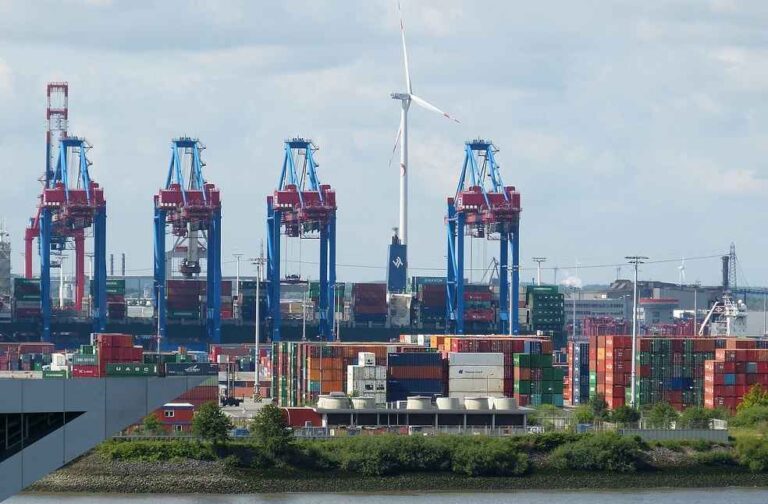The U.S. Energy Information Administration (EIA) recently disclosed that 2022 was a milestone year for U.S – Mexico energy trade. The trade value skyrocketed to an unprecedented $81.9 billion in real prices, heralding a new era in the closely intertwined energy sectors of the two neighboring nations. Simultaneously, this surge underscores the escalating tension over Mexico’s energy policy decisions.
EIA’s statistics painted a vivid picture of a significant surge in U.S. energy exports to Mexico, totaling $55.8 billion in 2022, an appreciable leap from $45.4 billion the previous year. The U.S., while continuing as a net importer of Mexican crude oil, asserted its dominance as a net exporter of petroleum products and natural gas.
Last year saw the U.S. importing an average of 536,000 barrels per day (b/d) of Mexican crude oil, marking a 9% increase year-on-year. This surge boosted the total value of these imports by a remarkable 47% to $20.7 billion, primarily driven by the Brent crude oil spot price, which averaged $103 per barrel, a significant uptick from $77 per barrel in 2021.

Further underscoring the intricate energy relationship, Mexico cemented its role as the prime export market for U.S. petroleum producers, absorbing nearly a fifth of total U.S. exports. U.S. petroleum product exports to Mexico hit an average of 1.7 million b/d, registering a sharp 33% rise from 2021, while the total export value soared to $44.2 billion, up from $33.5 billion the preceding year.
Contrarily, U.S. natural gas exports to Mexico experienced a slight drop in 2022, recording 5.7 billion cubic feet per day (Bcf/d), 4% lower than the previous year’s average. This decline was mirrored in the export prices, which slipped by 1.5% from 2021 levels.
Despite the strong trade performance, the relationship between the U.S. and Mexico is on shaky ground due to policy conflicts. Mexico’s President Andres Manuel Lopez Obrador’s decision to backtrack on reforms aimed at liberalizing Mexico’s energy market to foreign competition has drawn ire from not just the U.S., but also Canada and Europe.

The strained relations are inducing bipartisan calls within the U.S. for a more assertive stance on Mexico. U.S. energy giants like Chevron Corp. (NYSE:CVX) and Marathon Petroleum Corp. (NYSE:MPC), along with a multitude of solar and wind energy enterprises, have purportedly encountered obstacles when seeking operation permits in Mexico.
In a bid to defuse the situation, the Office of the United States Trade Representative (USTR) is preparing to put forth a “final offer” to Mexico’s negotiators. This proposal aims to reinvigorate Mexico’s energy market openness and proposes increased oversight. The acceptance or rejection of this offer could prove pivotal in the trajectory of U.S.-Mexico energy trade relations.
As this high-stakes drama unfolds, the global energy sector watches on with bated breath, ready for a decision that may reshape the regional energy landscape. The case serves as a reminder of how intricate international energy trade can be, showcasing the ripple effects of policy shifts and market fluctuations on a global scale.
EDITOR’S CHOICE: Natural Gas: Clean Energy Solution or Hidden Climate Threat



